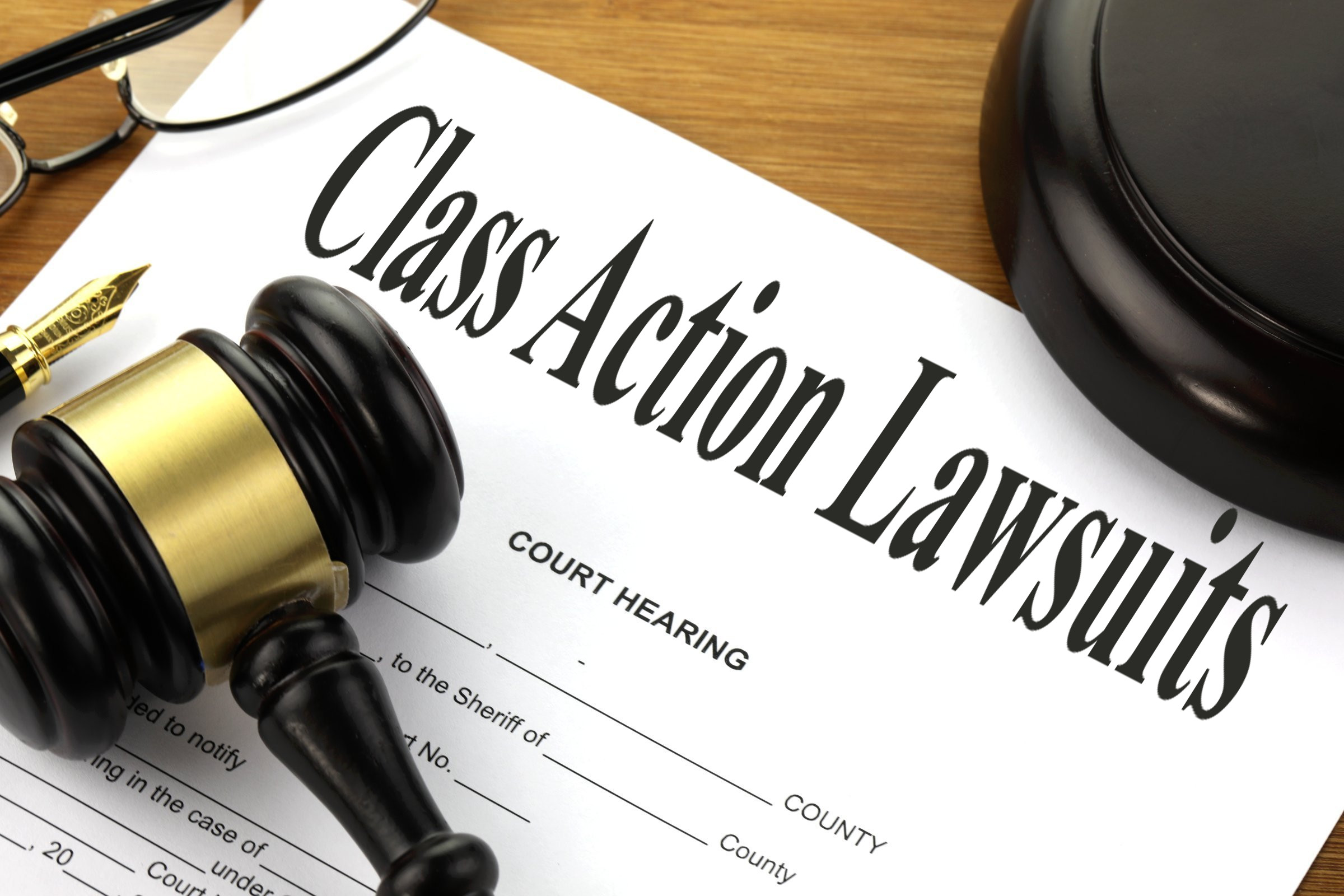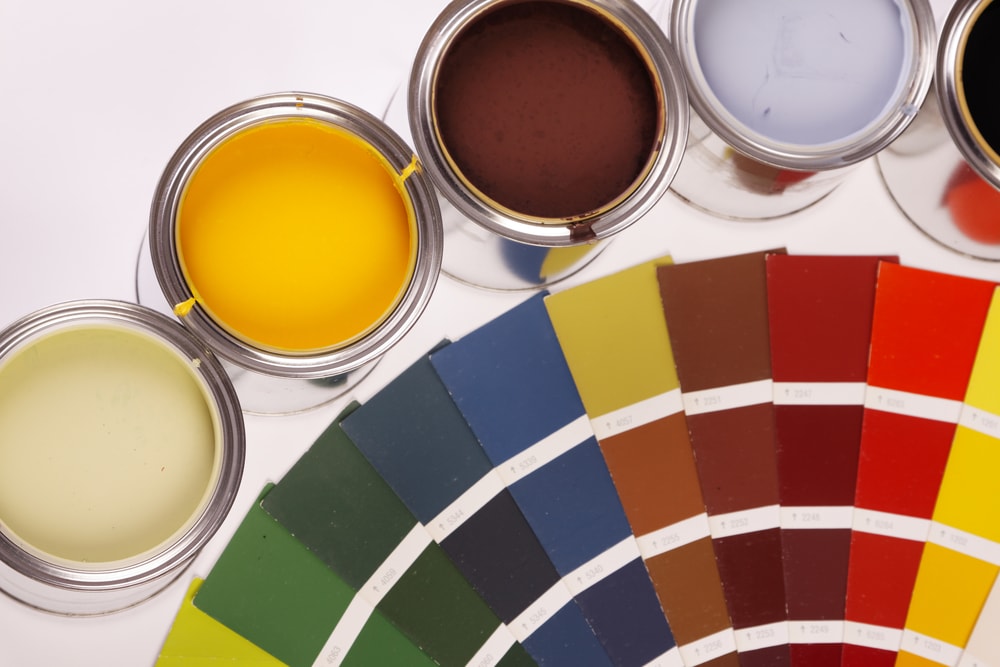Introduction: The Power of Collective Action
Imagine you buy a product that doesn’t work as promised, or you discover hidden fees eating into your savings. You’re not alone—millions of consumers face similar challenges each year. But did you know there’s a pathway that empowers individuals to seek justice against large corporations? It’s called a class action lawsuit.
Class action lawsuits level the playing field for consumers, giving you a voice when standing alone against a big company may seem impossible. In this article, we’ll break down what class action lawsuits are, how they work, and why they matter to you as a consumer in today’s fast-moving world.
What Is a Class Action Lawsuit?
A class action lawsuit is a legal case where a group of people with similar grievances collectively take legal action against a company, manufacturer, or other entity. Rather than filing many separate lawsuits, the group combines their claims into one action, making it more efficient and impactful.
Key Features:
- Collective Power: A group of individuals (plaintiffs) with common issues files together.
- Lead Plaintiff: One or a few people represent the entire class.
- Single Legal Action: The case is decided in one court, leading to a unified resolution.
- Shared Settlement or Damages: If successful, compensation is divided among all class members.
How Do Class Action Lawsuits Work?
Understanding the process helps you recognize how your rights are protected.
Step 1: The Issue Arises
A product fails, deceptive marketing misleads buyers, or data breaches occur. When many people are affected similarly, attorneys explore the possibility of a class action.
Step 2: Certification
Before the lawsuit proceeds, a court must “certify” the class. This means the claims are so alike that a single legal action is appropriate. Certification ensures that the lawsuit truly reflects the interests of all consumers involved.
Step 3: Notification
If approved, consumers who may be affected are notified. Often, you’ll receive an email, letter, or see public notices online or in newspapers inviting you to join.
Step 4: The Lawsuit Proceeds
Lawyers for the class and the company present their cases. Many class action lawsuits settle before going to trial, but some proceed to a judge or jury’s decision.
Step 5: Resolution and Payouts
If the consumers win, the company may have to pay compensation, fix their practices, or both. Eligible class members receive their portion, usually after claims are processed.
Why Are Class Action Lawsuits Important for Consumers?
Class action lawsuits exist to safeguard consumer rights and ensure accountability.
Leveling the Playing Field
On your own, the legal costs and time involved in suing a corporation can be daunting. Through collective action, even the biggest global brands can be held accountable.
Achieving Justice and Fair Compensation
When a company harms thousands, a class action ensures each affected person can receive some compensation, not just those wealthy enough to file on their own.
Driving Change Beyond Compensation
Many class action settlements also require companies to correct misleading practices, improve product safety, or change their privacy policies—leading to safer, fairer markets for everyone.
Common Types of Consumer Class Action Lawsuits
Various issues can spark a class action. Let’s look at some common scenarios:
Defective Products
If a car model has a faulty part, or electronics pose a fire hazard, affected consumers may sue together for repairs, replacements, or refunds.
False Advertising and Deceptive Practices
Companies making exaggerated claims or hiding crucial information (such as hidden fees in bank accounts or misleading product labels) can face lawsuits for misrepresentation.
Data Breaches and Privacy Violations
In a digital world, personal data leaks affect millions. When companies fail to protect consumer information, class actions hold them responsible for the damage caused.
Unfair Business Practices
Examples include predatory lending, overcharging for services, or failing to honor warranties. These cases help maintain trust in the marketplace.
Notable Examples of Class Action Lawsuits
Throughout history, class action cases have made headlines and driven meaningful reforms:
- Tobacco Litigation: Smokers banded together to challenge cigarette companies over health risks, resulting in multibillion-dollar settlements and increased regulation.
- Volkswagen Emissions Scandal: Vehicle owners sued the automaker for cheating emissions tests, winning significant compensation and triggering stricter environmental rules.
- Data Breach Settlements: Tech giants have faced class actions after data leaks, compensating users and committing to better security measures.
These examples show that collective legal actions shape how companies behave and safeguard your rights.
What Benefits Can You Expect from a Class Action Lawsuit?
Compensation
While payouts vary, class actions may offer direct payments, product replacements, refunds, or even vouchers for future purchases.
Legal Changes
Settlements often force companies to end unfair practices, change their policies, or improve safety standards, protecting future consumers.
Awareness and Empowerment
You learn about your rights, and companies receive a strong message: consumers are not powerless.
What Are the Challenges or Limitations?
Class actions have enormous benefits, but they’re not perfect.
- Small Individual Payments: With large groups, individual payouts can sometimes be modest, especially after legal fees.
- Lengthy Process: Legal proceedings may take years from start to finish.
- Mandatory Arbitration Clauses: Some companies try to prevent class actions by including arbitration clauses in their contracts. Courts, however, are scrutinizing these practices more closely.
How to Join a Class Action Lawsuit
Wondering how you can be part of a class action case?
- Stay Informed: Pay attention to emails, letters, or news alerts. If you bought a product or used a service under scrutiny, you might be eligible.
- Read the Notices: Legal notices explain your options—whether to join, opt-out, or file your own separate claim.
- File a Claim: Most notices provide instructions. It’s often an easy online form process.
Frequently Asked Questions (FAQ)
Do I Need to Pay Legal Fees If I Join a Class Action?
Generally, attorneys work on a contingency basis—meaning they only get paid if the lawsuit is successful, out of the settlement. You rarely need to pay out of pocket.
Will Joining Affect My Credit or Personal Record?
Joining a class action does not impact your credit history or public record.
What If I Only Recently Heard About the Lawsuit?
Deadlines are set for joining or claiming compensation. Always act quickly after receiving notice.
The Global Growth of Class Action Lawsuits
While originally a feature of American law, class actions are now gaining recognition worldwide, including in Canada, Australia, and the UK. Globalization means international companies face increasing scrutiny and accountability.
Why Should You Care?
Class action lawsuits offer more than money—they spark change. Next time you hear of a class action settlement, know it represents your right to fairness and safety as a consumer.
Stand tall: united, consumers have real power. Your voice—joined with others—can force corporations to change, improve products, and respect your interests.
Conclusion: Take an Active Role in Protecting Your Rights
Class action lawsuits are a cornerstone of consumer protection. They unite individuals for a greater cause, deliver justice, and keep companies honest. By staying informed, you can benefit from collective legal power and help secure a marketplace that works for everyone.
Whether it’s a faulty appliance, misleading marketing, or a data breach, remember—you’re not alone. Being part of a class action can bring you compensation, spark changes in corporate behavior, and ensure your voice is heard.
Don’t wait for injustice to pass you by. Take action, stay aware of your rights, and together, let’s create a safer, fairer world for consumers everywhere.






